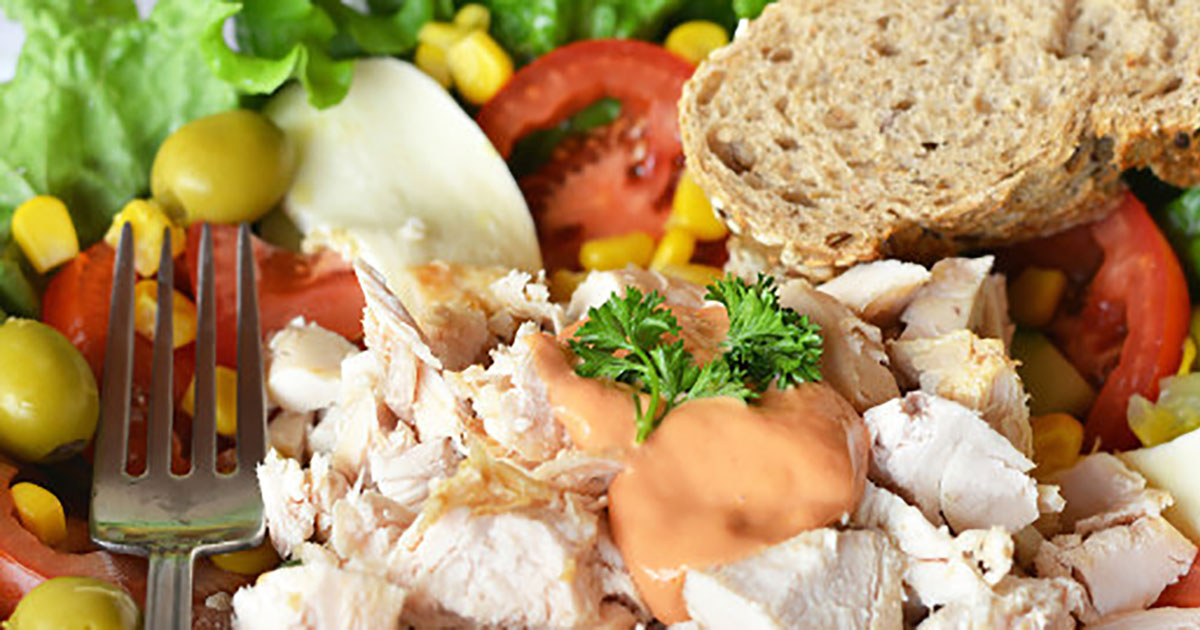Nutrition is always important for runners, but it’s never more important than in the last days and hours before a race. Certain nutritional tricks and practices can help you have a better race. A few common mistakes are likely to slow you down. Here are the most important dos and don’ts of pre-race nutrition.
Do: Carbo load
Carbohydrate loading, or carbo loading, entails eating lots of carbs before a race in order to pack the muscles and liver with glycogen, the most important fuel for longer races. Carbo-loading is not necessary before races lasting less than two hours, but before events lasting longer than two hours it is all but essential.
This was shown in a study conducted by Trent Stellingwerff of the Canadian Sports Centre in Victoria. Stellingwerff tracked the diets of 257 runners during the final five weeks before the 2009 London Marathon. Only 31 of these runners met established targets for carbohydrate intake on the last few days before the race. Those 31 runners were duly rewarded, completing the marathon on average 13.4 percent faster than a group of runners matched for gender, age, body weight, training volume, and marathon experience. Most of this difference came in the final 4.5 miles, where the runners who had eaten fewer carbs the day before hit the wall and slowed down precipitously and the runners who had carbo loaded properly slowed down much less. Carbo loading is easy: Just aim to get 70 percent of your total daily calories from carbs for the last three days before race day.
Don’t: Fluid load
Many runners drink extra water the day before a race and on race morning in order to prevent dehydration during the race. This is a mistake. You are not a camel. Your body cannot store vast quantities of water. Drinking more than you need will only serve to increase the frequency with which you have to visit the bathroom. Just drink normal amounts of water before races.
Do: Eat breakfast
When you wake up in the morning, your liver contains only about half of the glycogen it had when you went to bed. The reason is that when you sleep, your liver breaks down glycogen and releases it into the blood stream as glucose to keep your nervous system running. In order to perform your best in a race, you need to replace those glycogen stores.
Research has shown that a modest-size high-carb breakfast will do the trick. Base your pre-race breakfast on foods that are easy to prepare, eat, and digest, and that contain little else besides carbohydrate. Popular choices are oatmeal, bagels, bananas, and meal replacement shakes.
Try to consume this meal at least two hours, and ideally three hours, before the start of your race to ensure that you don’t run with a full stomach.
Don’t: Try anything new
Leonard “Buddy” Edelen, a great American marathoner of the early 1960s, learned the hard way not to try anything new with his diet before a race. On the morning of his first marathon, a friend of Edelen’s who was also racing offered him a tin of sardines. It so happened that sardines were a familiar pre-race food for the friend, and one he had confidence in. Not so for Edelen, but he ate them anyway. His stomach turned on him during the marathon and he hit the wall.
Take a lesson from Buddy and be sure to experiment in training with any nutritional methods you wish to practice before a race. It’s okay to consume things before races that are not a part of your normal daily routine, but race day should not be the very first time you try them. For example, research has shown that consuming beet juice before a race can increase blood flow to the muscles and boost performance. If you want to take advantage of this method—or any other potentially performance- enhancing nutritional method—before your next big race, experiment with it in training first.
Do: Take caffeine
Caffeine is the only “performance-enhancing drug” that is legal and safe. Numerous studies have shown that ingesting caffeine before endurance exercise elevates performance by reducing perceived exertion—in other words, by making exercise feel easier.
The ideal dosage is 2 to 4 grams per kilogram you weigh (1 kg = 2.2 lbs), taken one hour before the start of your race. So if you weigh 150 lbs, you’ll want to take 136 to 272 mg. For reference’s sake, note that a Starbucks Tall coffee (12 oz) contains about 260 mg of caffeine. But it’s best not to drink coffee before a race because it’s inconvenient and it will make you need to use the bathroom. Instead use caffeine pills.
If you avoid caffeine in your everyday life, you should avoid it on race day also. But if you are a regular caffeine user, don’t miss out on this opportunity to raise your game.
Don’t: Start your race without a nutrition plan
Before you start any race that you anticipate lasting longer than one hour, you should have a specific plan for what you will consume during the race. Research has shown that runners perform best when they drink according to their thirst and consume 30 to 60 grams of carbohydrate per hour. The simplest way to meet these requirements is to drink the sports drink that is offered at aid stations (this will satisfy all of your fluid needs and part of your carbohydrate needs) and supplement with energy gels that you carry with you.
It is not necessary to consume any fluid or carbs during races lasting less than one hour. It won’t help you get to the finish line any faster. Don’t be that runner who is weighed down by 5 lbs of liquids and semisolids on a fueling belt in a 5K!



